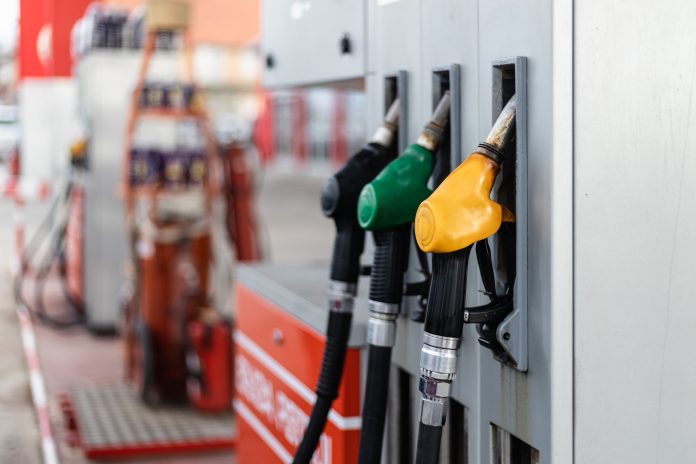On Wednesday, Prime Minister Rishi Sunak postponed the five-year ban on gas and diesel cars, causing discontent across environmental groups
Originally, this ban was set to take effect in 2030, but Sunak believes it would place too heavy a financial burden on regular citizens, compromising our climate objectives. This decision has stirred controversy, with environmental organisations, opposition leaders, and significant portions of the UK business sector expressing dissatisfaction.
However, some members of the ruling Conservative Party are supportive, as they find the costs of transitioning away from fossil fuels excessive.
Rishi Sunak’s announcement and its reception
During a press conference, Sunak announced that he is shifting the deadline for buying new gas and diesel cars from 2030 to 2035.
Shifting the deadline for buying new gas and diesel cars from 2030 to 2035
Additionally, he is reducing the restrictions on new natural gas furnaces initially planned to take effect in 2035. He is further eliminating the obligation for landlords to enhance the energy efficiency of their properties.
He assured that he remains committed to fulfilling the pledge of achieving net-zero greenhouse gas emissions in the UK by 2050, although with certain adjustments, “a more pragmatic, proportionate, and realistic approach.”
In a statement, Sunak dismissed environmental suggestions, such as introducing new aviation taxes, initiatives to promote carpooling, and taxes on meat, to win over voters in preparation for the election next year.
To achieve the net-zero objective, he stated that the government plans to expand the construction of wind farms and nuclear reactors, allocate resources to develop innovative green technologies and implement fresh initiatives to safeguard the environment.
Sunak argued the UK was “far ahead of every other country in the world” in transforming to a green economy but said moving too fast risked “losing the consent of the British people.”
“How can it be right that British citizens are now being told to sacrifice even more than others?”
UK greenhouse gas emissions have dropped by 46% from 1990 levels, primarily due to the near elimination of coal from electricity production.
The government has pledged to reduce emissions by 68% of 1990 levels by 2030 and achieve net zero emissions by 2050.
Sunak confirmed these commitments remain. However, with just seven years remaining to reach the first target, government climate advisors expressed concerns about the sluggish pace of action in June. Sunak’s approval of new North Sea oil and gas drilling in July also raised doubts among critics about his dedication to climate goals.
Boris Johnson’s involvement in climate targets
Former Prime Minister Boris Johnson, who introduced the 2030 target for gasoline cars during his leadership, stated that businesses “must have certainty about our net-zero commitments.”
“We cannot afford to falter now or in any way lose our ambition for this country,” he said.
It wasn’t just environmentalists who were concerned about this decision. Automakers, who have made substantial investments in transitioning to electric vehicles, voiced their disappointment regarding the government’s shift in strategy.
Lisa Brankin, the head of Ford U.K., revealed that the company had dedicated £430 million (approximately $530 million) to manufacture electric vehicles in the United Kingdom.
Richard Burge, chief executive of the London Chamber of Commerce and Industry, said, “the government’s decision to suddenly backtrack and delay the ban on petrol and diesel cars makes us look flaky, unreliable, and incapable of leading the green energy revolution.”
Tara Clee, an analyst at investment firm Hargreaves Lansdown, suggested that this reversal could erode the hard-earned reputation of Britain as a leader in green technology.
Conservative Party’s political calculations
Britain’s Conservative Party has been reevaluating its climate commitments following a notable election outcome in July. This result was largely perceived as a negative response from voters to a tax on high-pollution vehicles.
Despite lagging behind the Labour opposition in nationwide polls, the Conservative Party managed to secure an unexpected victory in the Uxbridge district of suburban London. They achieved this by emphasising their opposition to a controversial tax on older vehicles implemented by London’s Labour mayor, Sadiq Khan.
Some Conservatives believe that scaling back green policies could attract voters and potentially help the party avoid defeat in the upcoming national election by the end of 2024.











